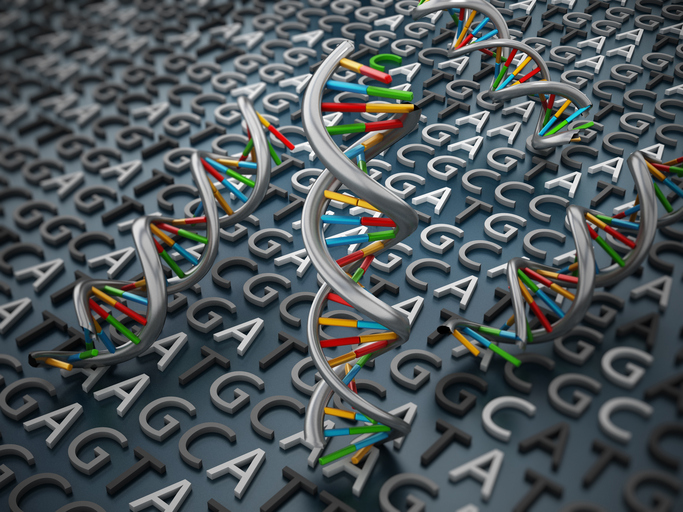
Non-profit precision medicine organization CureOne has announced a cancer research collaboration with the Washington University School of Medicine in St. Louis that will leverage the school’s next-generation sequencing (NGS) laboratory and genomics and pathology services (GPS) to help the continued development of the N1 Registry.
The N1 Registry is a data tool that seeks to collect high-quality, standardized molecular testing data to demonstrate how it can be used to positively affect clinical outcomes for patients. Washington University School of Medicine is the first academic medical center to collaborate with CureOne, formerly known as the Molecular Evidence Development Consortium (MED-C). Other partners include sequencing companies, assay developers, and biopharmaceutical companies such as Illumina, ThermoFisher, Foundation Medicine, Guardant Health, Celgene, Genentech and Lilly.
“CureOne believes it's time to stop talking about a cure and start harnessing and standardizing the data that makes it possible,” said Dane J. Dickson, M.D., CEO and founder of CureOne, in a prepared statement. “Washington University… [has] been involved in the N1 Registry from the beginning, and their assistance has been crucial. We fully expect that the synergy between our two organizations will continue to make the N1 Registry one of the most rigorous clinico-genomic efforts ever undertaken.”
The N1 Registry seeks to allow a better understanding the genetic basis of malignancy as it relates to physician decisions and patient outcom. It also acts as a tool for enrollment by tested patients in clinical trials, collect information on the growing numbers of patients who receive next-generation sequencing (NGS) testing, and support advances in precision medicine by collecting clinical outcomes data associated with molecular or immunologic testing and treatments.
“We're enthusiastic about partnering with CureOne,” said Jon Heusel, M.D., Ph.D., chief medical officer of GPS and professor of pathology and immunology. “Our laboratory has extensive expertise in clinical genomic sequencing for cancer patients. As the N1 Registry grows, we expect it will include many thousands of cases where the genomic data, patient phenotypic data, and clinical outcomes data are all aligned and high-quality, including rare cancers, which are essential to drawing significant conclusions that can inform precision cancer treatments. The need for this kind of comprehensive data is great and long overdue.”











